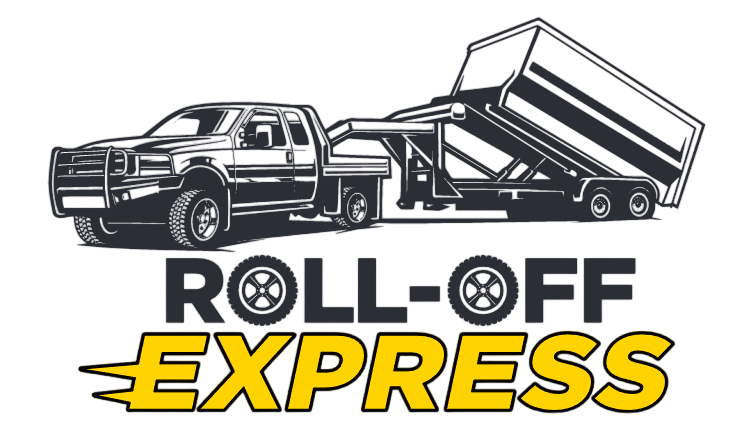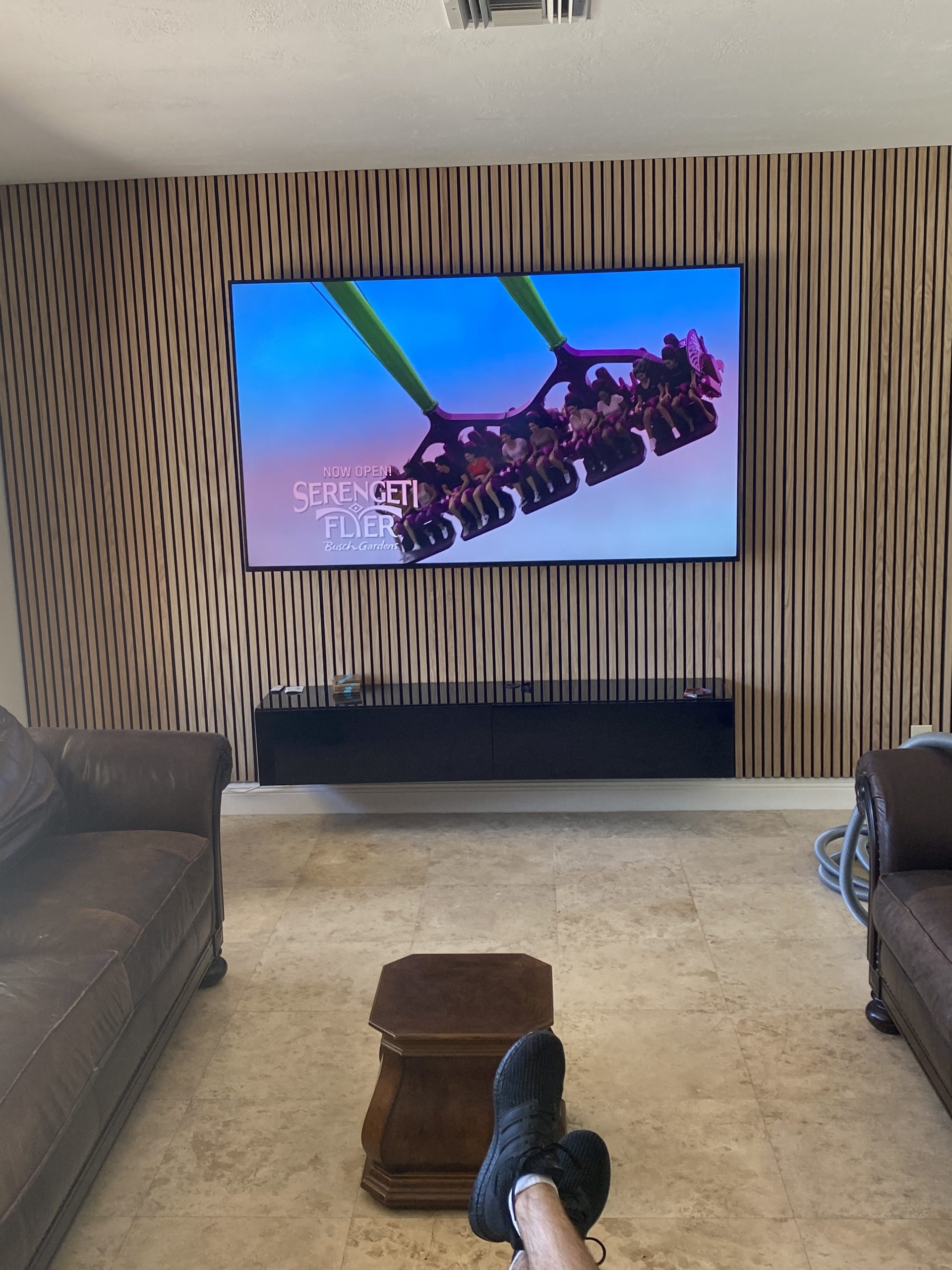Botox has become one of the most recognized names in cosmetic and therapeutic treatments worldwide. Short for botulinum toxin, this injectable substance is widely used to soften lines and wrinkles, offering a non-surgical solution to common signs of aging. In recent years, Botox has also gained attention for its medical applications beyond aesthetics, providing relief for conditions like chronic migraines, excessive sweating (hyperhidrosis), and certain muscle disorders. Whether you’re considering Botox for cosmetic enhancement or therapeutic relief, understanding how it works and where to get it done—such as a trusted aesthetic clinic—can help you make informed decisions about your care.
Botox works by temporarily blocking nerve signals to specific muscles. When injected in small, controlled doses, it reduces the activity of muscles responsible for dynamic wrinkles—those formed by repeated facial expressions like frowning, squinting, and smiling. Common treatment areas include forehead lines, crow’s feet around the eyes, and frown lines between the eyebrows. Results typically begin to appear within a few days and can last several months, depending on individual metabolism and muscle activity.
One of the reasons Botox remains popular is its convenience. Appointments are usually quick, often completed in less than 30 minutes, and require little to no downtime. Patients can return to their daily routines shortly after treatment, making it an appealing option for those with busy lifestyles. While some mild redness, swelling, or tenderness at the injection site is normal, serious complications are rare when the procedure is performed by a qualified professional.
Selecting the right provider is crucial for both safety and satisfaction. An experienced injector at a reputable aesthetic clinic will have a deep understanding of facial anatomy, dose precision, and individualized treatment planning. This expertise helps ensure natural-looking results that complement your features rather than altering them. During your consultation, a skilled clinician will review your goals, assess your medical history, and tailor a plan that aligns with your expectations.
Beyond cosmetic uses, Botox has therapeutic benefits that continue to expand. It’s FDA-approved for the prevention of chronic migraines, offering relief to many who suffer from frequent, debilitating headaches. In cases of hyperhidrosis, Botox injections can temporarily reduce excessive sweating in areas such as the underarms, hands, or feet. Some patients also find Botox helpful for managing muscle stiffness in conditions like cervical dystonia or spasticity after certain neurological injuries. These applications highlight Botox’s versatility and its role at the intersection of cosmetic and medical care.
Despite its widespread use, Botox isn’t suitable for everyone. Pregnant or breastfeeding individuals, those with certain neurological disorders, or people with allergies to specific components of the formulation may need to explore alternative options. A thorough consultation at an aesthetic clinic will help determine whether Botox is right for your needs and ensure that any risks are carefully managed.
As interest in minimally invasive cosmetic and therapeutic treatments continues to grow, Botox remains a leading choice for individuals seeking effective solutions with minimal disruption to daily life. By working with experienced practitioners at a trusted clinic, you can achieve refreshed, natural results while prioritizing safety and comfort.
For those interested in expert Botox treatments and comprehensive skincare solutions, Enrichment Skin Solutions offers personalized care in a welcoming environment tailored to your aesthetic goals. With a focus on safety, innovation, and individualized treatment plans, their team is dedicated to helping clients look and feel their best. To explore their services or schedule a consultation, visit https://enrichmentskinsolutions.com/






